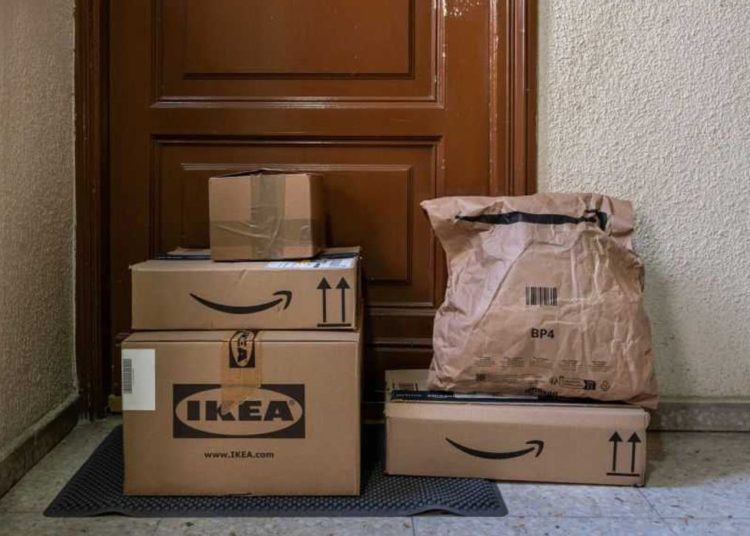For Hannah Mann, a mother of three who lives in Merchantville, N.J., the government shutdown is not an abstract political fight.
Her family relies on federal food subsidies for groceries, including specialty formula for her newborn, who was born five weeks early, as well as a program that helps alleviate the cost of utility bills for low-income Americans. Those initiatives could run out of federal funding in days.
“These are expenses that we cannot cover,” Ms. Mann said. The preemie formula alone is $50 a can. She said she was trying to eat more so she could produce more breast milk, but without food subsidies, that will be difficult as soon as next week. “It’s like a domino effect,” she said.
As the shutdown nears the one-month mark, the lapse in federal funding is a looming crisis for vulnerable Americans who depend on government assistance for basic needs like groceries and heating.
For 42 million people who rely on SNAP, or the Supplemental Nutrition Assistance Program, also known as food stamps, it means the loss of grocery assistance when food banks are already stretched thin. For the 6.7 million women and children who participate in the Women, Infants and Children nutrition program, or WIC, there is uncertainty about whether the Trump administration will find stopgap funds to keep the program going after this week.
The post Hunger and Cold Loom as Shutdown Imperils Funding for Antipoverty Programs appeared first on New York Times.




